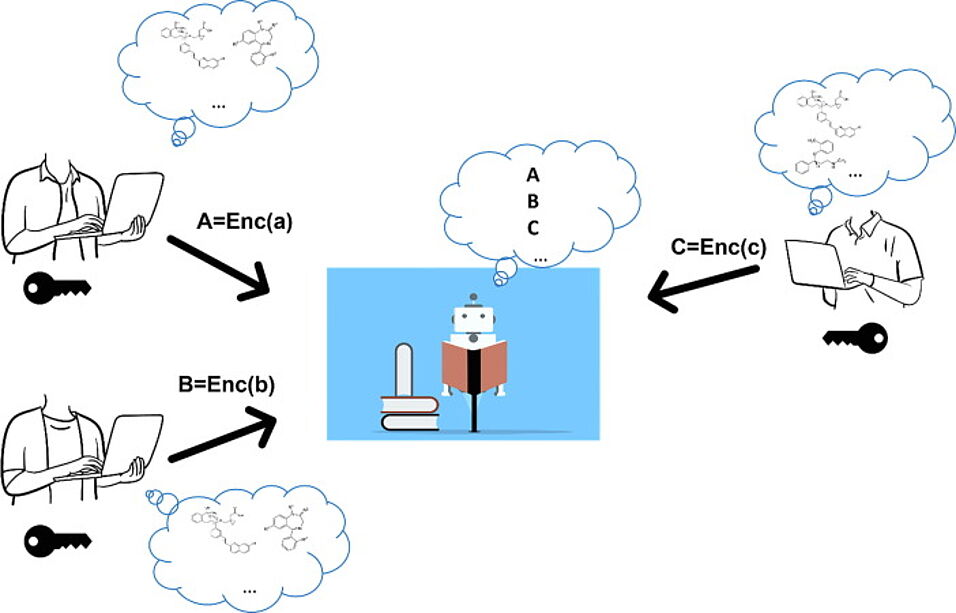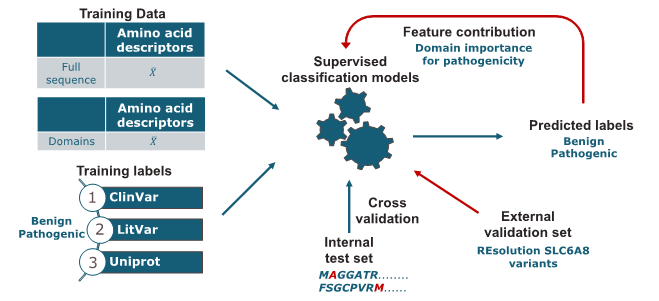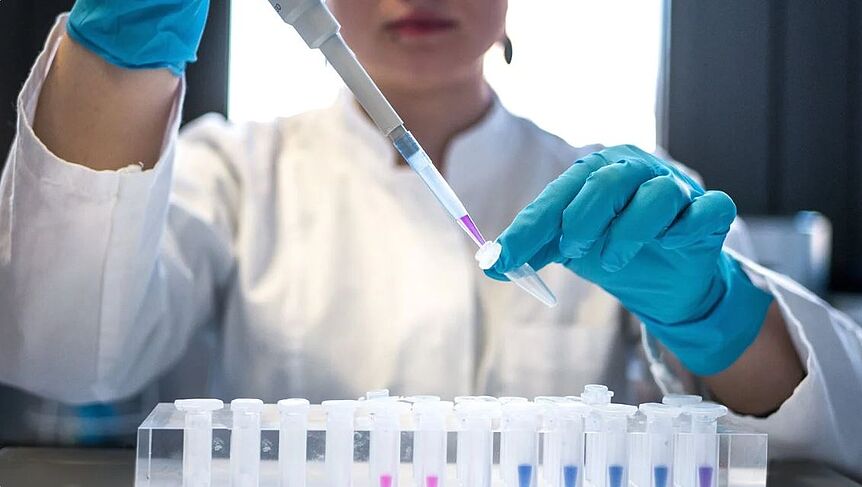Aljoša Smajić, Melanie Grandits, Gerhard F. Ecker, Privacy-preserving techniques for decentralized and secure machine learning in drug discovery, Drug Discovery Today, Volume 28, Issue 12, 2023
DOI
https://doi.org/10.1016/j.drudis.2023.103820
Abstract
Data availability, data security, and privacy concerns often hamper optimal performance efficiency of machine learning (ML) techniques. Therefore, novel techniques for the utilization of private/sensitive data in the field of drug discovery have been proposed for ML model-building tasks. Some examples of the different techniques are secure multiparty computation, distributed deep learning, homomorphic encryption, blockchain-based peer-to-peer networking, differential privacy, and federated learning, as well as combinations of such techniques. In this paper, we present an overview of these techniques for decentralized ML to illustrate its benefits and drawbacks in the field of drug discovery.
Funding
The Pharmacoinformatics Research Group (Ecker lab) acknowledges funding provided by the Austrian Science Fund FWF AW012321 MolTag.
Rights & permissions
This is an open access article distributed under the terms of the Creative Commons CC-BY license, which permits unrestricted use, distribution, and reproduction in any medium, provided the original work is properly cited.




